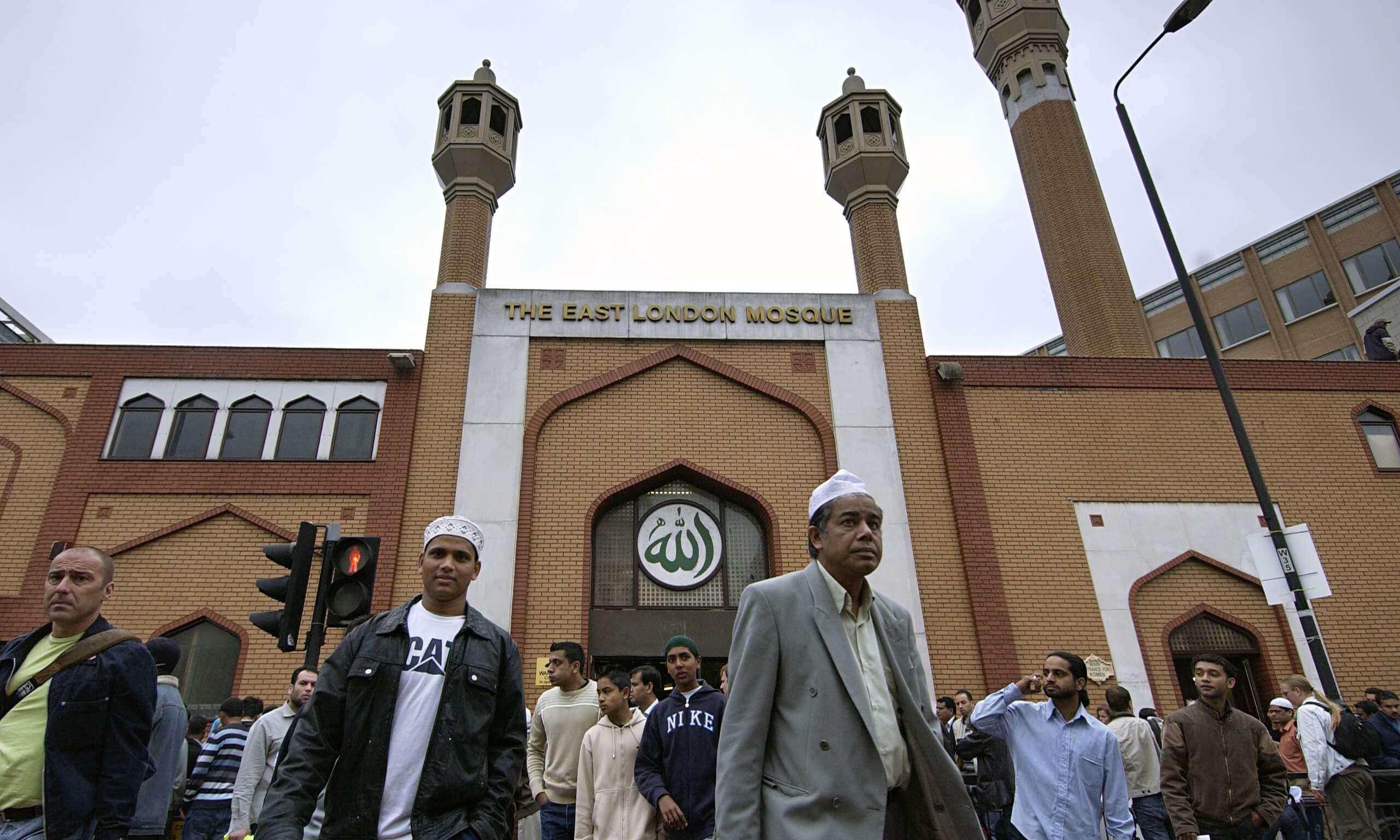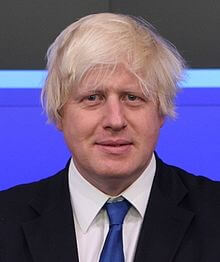Llewellyn King on SiriusXM, POTUS Channel 124
Listen below for the segment, where Llewellyn discusses his column, “Europeans Feel They Can’t Trust U.S. in the Time of Trump” which can be read on this website, or on HuffPost here: http://www.huffingtonpost.com/entry/europeans-feel-they-cant-trust-us-in-the-time-of_us_595f8399e4b0cf3c8e8d57e2
Press the play button below to listen.






